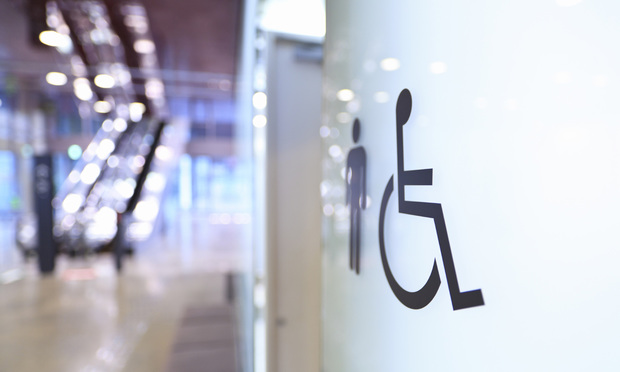The Americans with Disabilities Act generally requires employers with 15 or more employees to reasonably accommodate qualifying disabled employees, unless doing so would cause undue hardship. Even employers with the best intentions struggle to determine who is disabled and what accommodations are “reasonable” under the act. This challenge is most apparent where requested accommodations are expensive or effectively result in reallocation of job duties to other overstretched employees.
Following enactment of the ADA Amendments Act of 2008 and implementing regulations, and the EEOC’s growing focus on disability issues, the need for employers to thoughtfully and carefully identify and handle accommodation requests has become heightened. Before enactment of the ADAAA, an individual generally did not qualify as “disabled” unless his or her impairment severely or significantly restricted a “major life activity.” The ADAAA and the EEOC’s interpretive regulations expanded what constitutes a major life activity and the types of impairments that may qualify as disabilities. This shift has resulted in increased scrutiny of employer accommodation decisions. For example, pregnancy by itself generally was not considered a disability without concurrent medical conditions affecting major life activities, but the EEOC now interprets the law differently.
This content has been archived. It is available through our partners, LexisNexis® and Bloomberg Law.
To view this content, please continue to their sites.
Not a Lexis Subscriber?
Subscribe Now
Not a Bloomberg Law Subscriber?
Subscribe Now
LexisNexis® and Bloomberg Law are third party online distributors of the broad collection of current and archived versions of ALM's legal news publications. LexisNexis® and Bloomberg Law customers are able to access and use ALM's content, including content from the National Law Journal, The American Lawyer, Legaltech News, The New York Law Journal, and Corporate Counsel, as well as other sources of legal information.
For questions call 1-877-256-2472 or contact us at [email protected]



